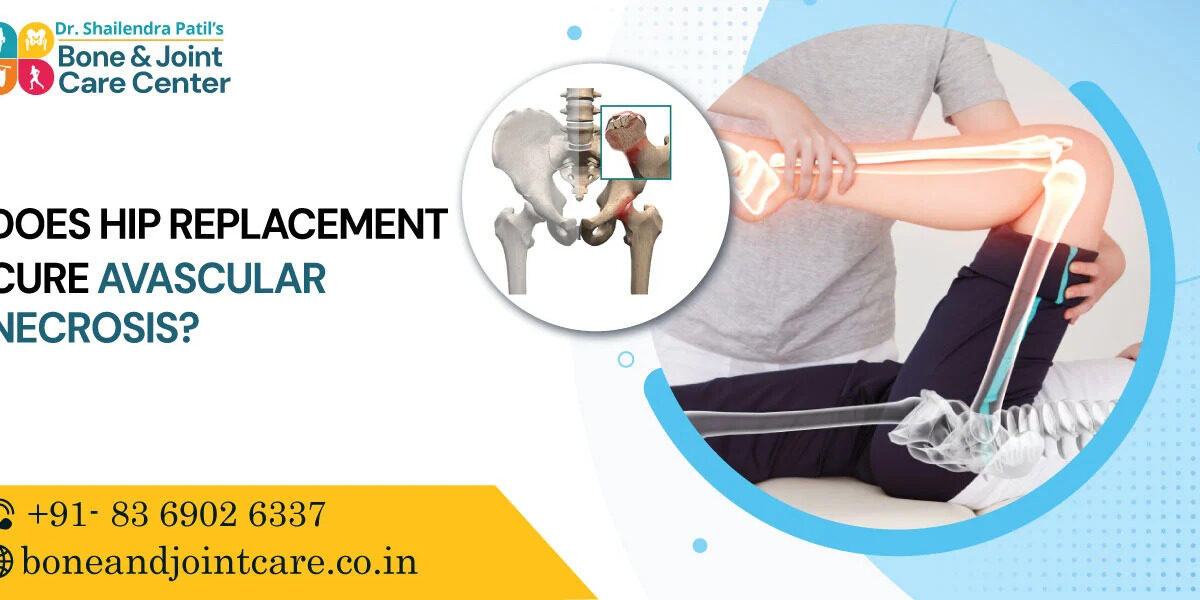Avascular necrosis is a condition that affects bones and joints. It happens when the blood supply to your bones is cut off. Your bone tissues do not get the required oxygen and blood to regenerate, causing them to die. You might notice its effect on your mobility. Hip replacement surgery in Mulund, Mumbai, might be your only option to fix the dead bone tissues and regain mobility.
The condition can occur in any joint but is mostly seen in the hips and knees. It can be caused by trauma to the joint or for other medical reasons, such as arthritis. Either way, proper treatment is needed to restore joint strength and mobility.
Hip Replacement as a Treatment Option
Non-invasive procedures can help reduce pain, inflammation, and discomfort around the affected area, but you will eventually need to undergo a surgical joint replacement.
Usually, the treatment for avascular necrosis depends on the severity of the issue and how it’s affected your health. If you have considered all non-invasive procedures but see no results, a joint replacement surgery is your last resort. This surgical procedure removes and replaces your damaged joint with an artificial one.
Hip replacement is an effective way to cure avascular necrosis. You will be given regional anesthesia before the procedure. The hip replacement surgeon in Mulund, Mumbai, will replace the affected joint with a prosthesis made of metal, ceramic, or plastic.
The surgery takes 1-2 hours, and the prosthesis positioned into your hips will likely stay with you for a lifetime.
Success Rates and Long-Term Outcomes
In the advanced stage of avascular necrosis, surgical removal of dead bone tissue and the damaged joint is necessary. The procedure is proven to be 95% effective 10 years after the surgery and 85% within 20 years.
The immense pain and the reduced mobility will significantly affect your quality of life. The symptoms are usually worse than the surgical treatment, which is why most people are advised to undergo partial or total hip replacement.
That said, the procedure doesn’t come without risk. Like any surgery, hip replacement can lead to an infection, excess blood loss, blood clots, improper prosthesis positioning, bone fracture, and more. It’s best to discuss the possible complications with your surgeon before going ahead with the surgery.
Alternative Treatments
If avascular necrosis has damaged a small portion of your bone, especially those that don’t affect your mobility, non-invasive treatment can be considered. Here’s what your doctor might advise:
- Apply cold packs to reduce swelling and pain
- Consider physical therapy to improve your joint strength and restore your mobility
- Take NSAIDs
- Use walking aids until you’ve healed completely
Bone graft is another surgical procedure for avascular necrosis. It involves a bone transplant to the affected area. Note that the above non-invasive procedures can manage your symptoms, but surgery is the only way to cure avascular necrosis.
See a professional orthopedic surgeon and learn more about avascular necrosis and your treatment options. Hip or knee replacement surgery is your best bet if you want to strengthen your affected joint and restore your mobility.







